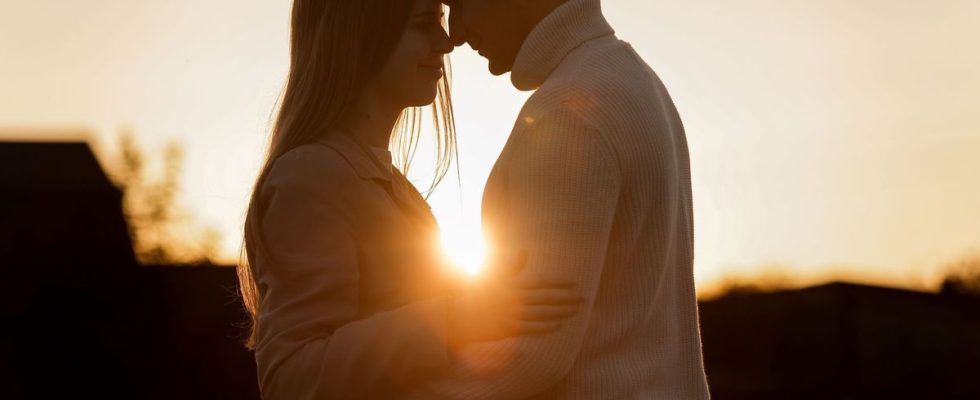Published on
Updated
Reading 2 min.
in collaboration with
Johanna Rozenblum (clinical psychologist)
It’s an existential question that everyone has asked themselves at least once in their life: is it possible to fall in love several times? A study looked into the question and here is its answer and the point of view of Johanna Rozenblum, clinical psychologist.
Whether after a breakup or when discussing the subject with friends, we have all been able, at one point or another in our lives, to wonder how many times we can fall in love. A scientific study, carried out by the diamond merchant Vashi on 3000 people aged 37 on average, questioned the subject and here are its conclusions.
It is possible to fall in love three times
In this work, scientists studied the profile of 3000 British volunteers. By submitting them to different questionnaires, the researchers estimated that a person forms a relationship on average five times in their life. But the love pattern would follow a very particular path, and would result in the fact that we fall in love three times in our lives, in reality.
Three different loves, throughout life
First love usually occurs during adolescence, scientists say. It is a perfect love, which ends when the couple grows up and faces the difficulties of adult life. This rather naive love would be followed by a second, more destructive one, which allows us to turn the page on the first relationship, for which we were disappointed. Quite destructive, this second love nevertheless allows you to know what you really expect from love in your life. Finally, in third position comes the love that lasts, the one that allows you to find balance in your life.
“Love is something specific to each individual”
Asked about this study and its conclusions, Johanna Rozenblum is skeptical about the possibility of applying this scheme to everyone. “I don’t know to what extent a study of this kind can give objective conclusions on something as intimate and subjective as the feeling of love, especially since the cohort, made up of 3000 volunteers, is ultimately only a sample not very representative of the population. Everyone’s life stories and love journeys are so different and depend a lot on the ups and downs of life that it is difficult to rationalize this. What is certain is that each story carries a lesson for the next relationship, we learn to know what we need.” concludes the expert.

